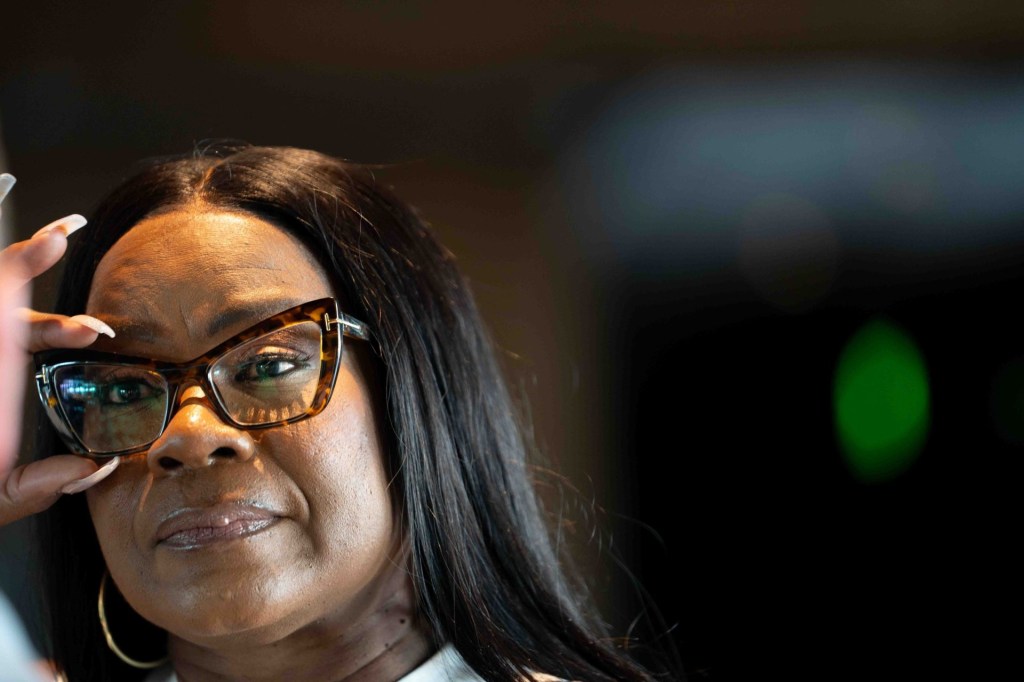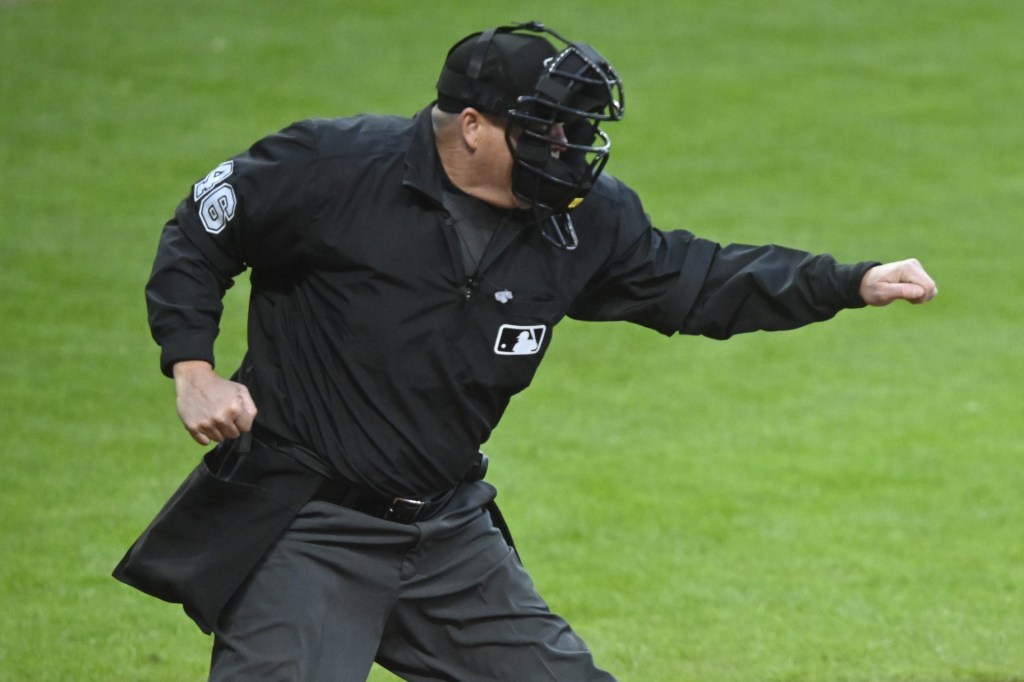NASCAR and Phoenix Raceway have jointly announced a new race logo and branding strategy for its championship race this season, the first step in NASCAR’s long-term plan to regionalize the marketing and promotional strategy behind the championship race.
With the league’s season finale taking place at Phoenix Raceway for the first time in the track’s history, there will no longer be an entitlement sponsor. Previously known as the Bluegreen Vacations 500, the race will now be called the “NASCAR Championship Race – Phoenix.”
The Championship Race in Phoenix on November 8 will be one of NASCAR’s three “crown jewel” events in 2020 that will not have any entitlement sponsors. The other two are the All-Star Race at Charlotte Motor Speedway on May 16 and the Daytona 500, which took place on February 16.
In recent years, NASCAR has begun focusing on creating a unique, region-specific strategy for its championship race that can be flexible for different markets should it decide to move the event to other markets in the future.
“It was almost three years ago when we kind of went through a full-brand refresh,” Peter Jung, NASCAR’s senior vice president of marketing, told Front Office Sports. “That started with getting grounded in the essence of the NASCAR brand and really – what is our brand book?”
The new look is also meant for NASCAR to create a more specific aura around its championship weekend to make it stand out from other events.
NASCAR’s decision to host the 2020 championship race without a sponsor has been a few years in the making, Jung said. The league has evolved significantly in its 72-year history, and along the way, seen numerous changes to its IP, identity, logos, and designs, Jung added.
With NASCAR’s long history, there was never any shortage of logos. To Jung, an abundance was brought into existence without many major purposes.
For several decades, NASCAR had a traditional partnership strategy which included title sponsors. Monster Energy was most recently the entitlement sponsor for NASCAR’s premier series, but is now only known as the Cup Series. Now, the league looked to 2020 to be a new chapter within the Cup Series and its four premier partners: Busch Beer, Coca-Cola, Geico, and Xfinity.
“This is a very different approach for NASCAR,” Jung said. “But what we wanted to do was celebrate and take the opportunity of this championship race that’s been held for years in Miami across the country to Phoenix. It’s to a fully transformed track-and-field experience in a city that’s completely embracing NASCAR and the championship weekend, and probably one of our most progressive tracks in terms of technology and the fan experience.”
READ MORE: NASCAR Retains Barstool To Fuel Fan Enthusiasm Ahead of Daytona
Before the 2019 Bluegreen Vacations 500, NASCAR and Bluegreen Vacations announced a multi-year partnership agreement. While the vacation-ownership company’s race entitlement is no longer connected to the Phoenix race, it served as the entitlement sponsor for the qualifying races at the 2020 Daytona 500. Otherwise, there have not been any changes to the Bluegreen Vacations-NASCAR relationship.
“It’s difficult to put into words the level of excitement we feel here at Phoenix Raceway and across the entire community for this NASCAR season and what is to come between now and November 8,” Julie Giese, president of Phoenix Raceway, said in a statement. “I’m incredibly proud that our facility, and the State of Arizona, will be hosting this year’s NASCAR Championship Weekend.”
When looking to develop the new intellectual property for the All-Star and Championship race, respectively, NASCAR sought the help of RARE Design, its creative agency partner. The agency’s founder, Rodney Richardson, is a fan of stock-car racing with a knowledge and passion for the sport, Jung said.
Past years have seen the Hattiesburg, Miss.,-based agency use “Big Bill,” the typeface seen in the circuit’s logo and named after its founder, Bill France, Sr. It also helped develop a systematic visual identity and a brand book – while maintaining other features like the chiseled forms and racing bars unique to the league’s bar logo.
“We’re getting into that Southwest look and feel,” Jung said. “What we want to convey is that NASCAR is crowning a champion for the national series in Phoenix, which is a destination and an incredible, different kind of experience.”
The schedule and title sponsor changes are only the latest in NASCAR’s rebranding efforts. Ahead of the Daytona 500, NASCAR released “I Am Nascar,” a new advertising campaign to help the brand rediscover a sense of purpose. It was done in collaboration with both RARE Design and 77 Ventures, NASCAR’s ad agency collective.
READ MORE: NASCAR’s New Sponsorship Model Speeding Along
The fan reception to NASCAR’s recent branding endeavors has been positive thus far, Jung said. He admits that past advertising and marketing campaigns often tried to be too clever or sophisticated in some areas. They never performed well with the consumer because it did not accurately portray the essence of the league and its brand, he said.
But now, he believes that NASCAR enthusiasts can join the league in celebrating both its past and future in 2020.
“NASCAR, no surprise, is a very unique and different sporting experience and community,” he added. “We want to be proud and boastful about what that is and not try to be like others, but be ourselves and be proud of that.”
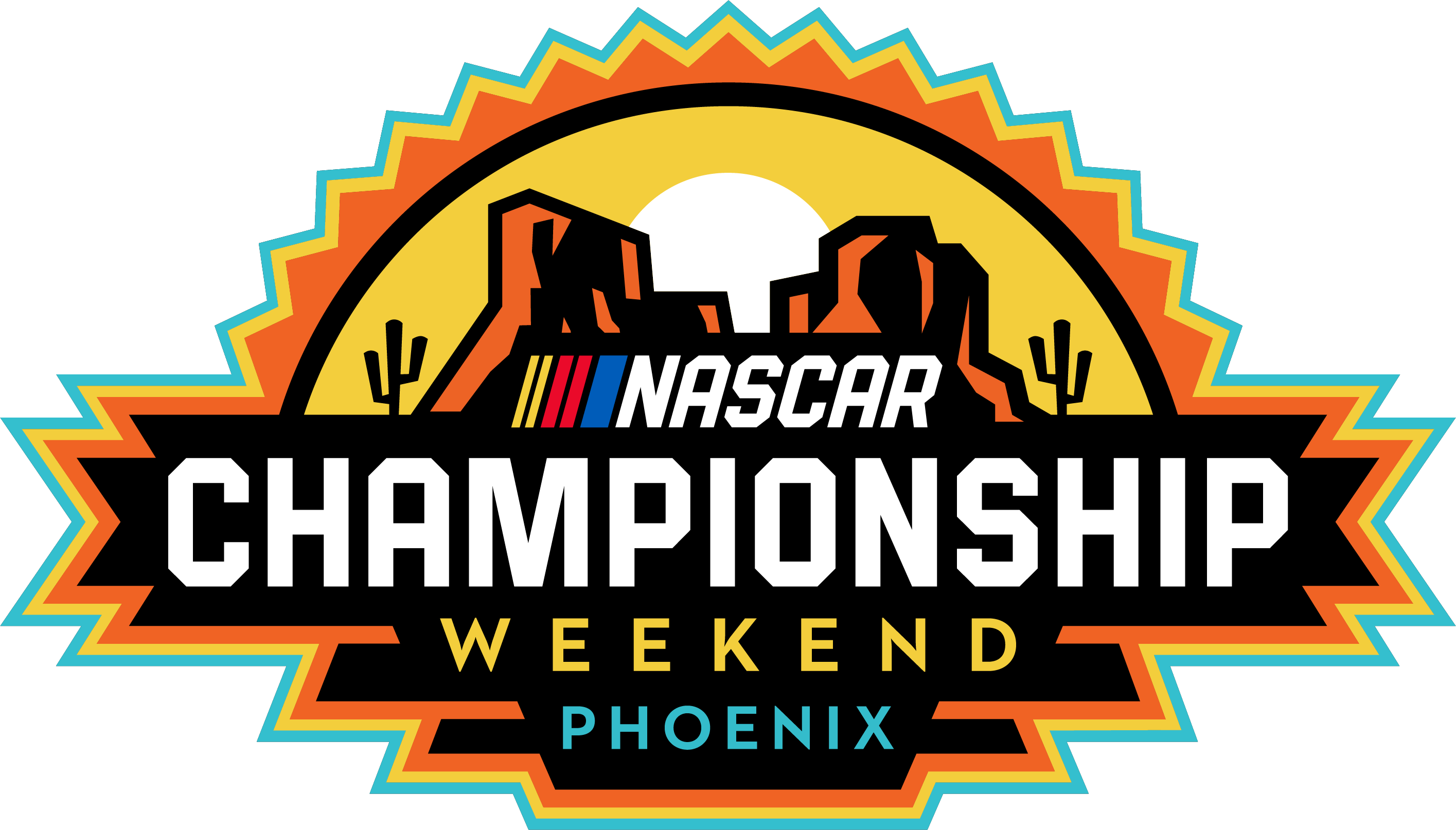
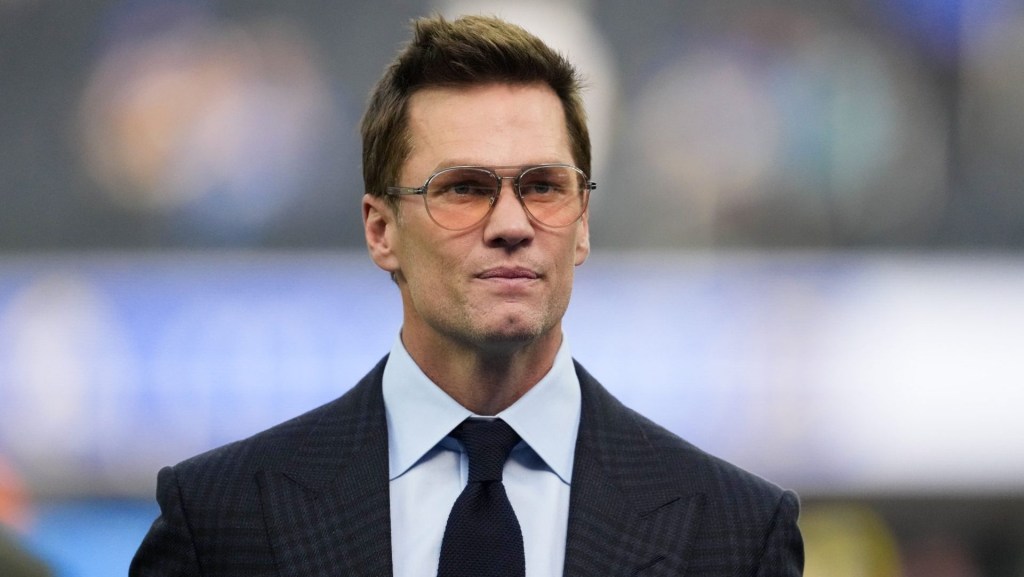
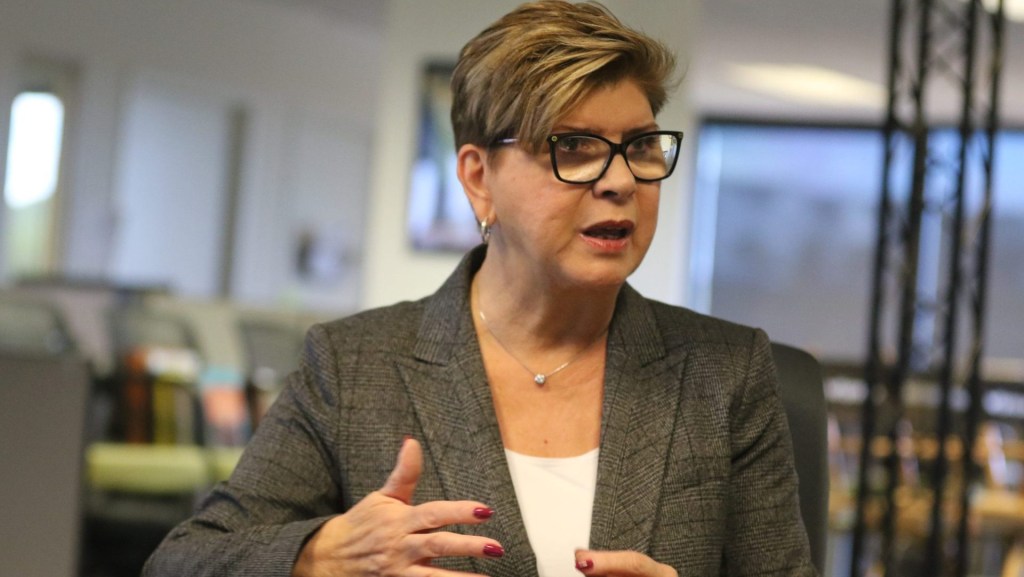




![[Subscription Customers Only] Jun 15, 2025; Seattle, Washington, USA; Botafogo owner John Textor inside the stadium before the match during a group stage match of the 2025 FIFA Club World Cup at Lumen Field.](https://frontofficesports.com/wp-content/uploads/2026/02/USATSI_26465842_168416386_lowres-scaled.jpg?quality=100&w=1024)
![[Subscription Customers Only] Jul 13, 2025; East Rutherford, New Jersey, USA; Chelsea FC midfielder Cole Palmer (10) celebrates winning the final of the 2025 FIFA Club World Cup at MetLife Stadium](https://frontofficesports.com/wp-content/uploads/2026/02/USATSI_26636703-scaled-e1770932227605.jpg?quality=100&w=1024)


